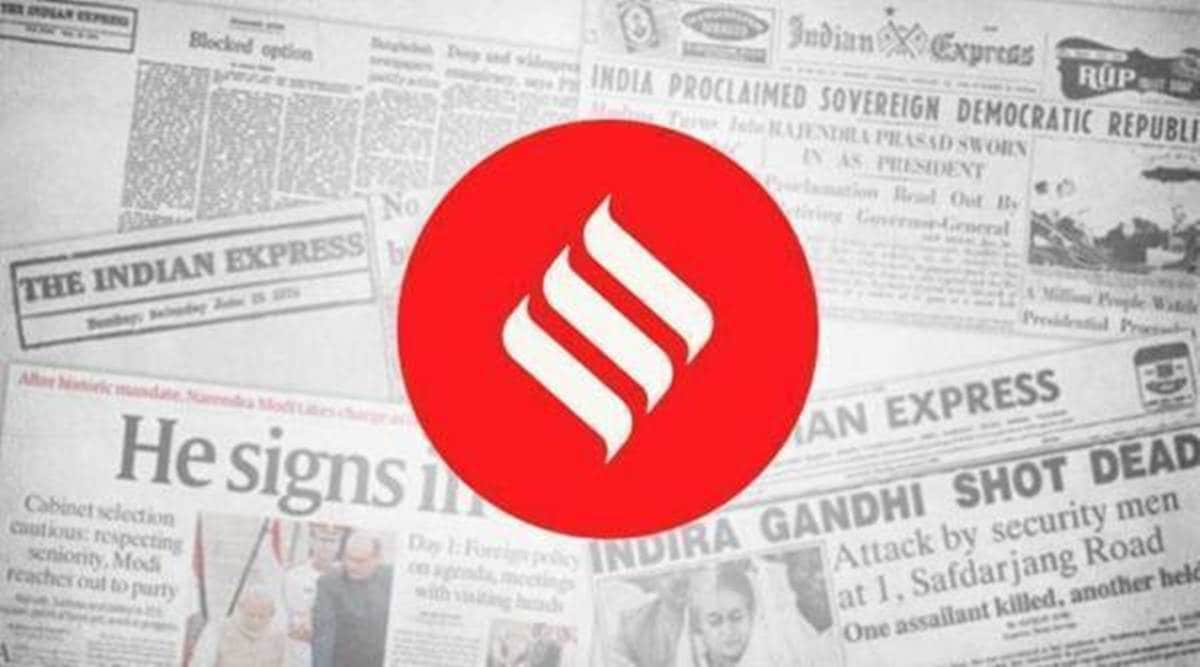 The relationship of media with law enforcing authorities in Kashmir has been fraught, but never more so than in the post-2019 period.
The relationship of media with law enforcing authorities in Kashmir has been fraught, but never more so than in the post-2019 period. The three arrests over the last month of journalist Fahad Shah in Kashmir have once again suggested that the Jammu & Kashmir police believes it is accountable only to itself, or that it considers journalism a crime. Shah, the founding editor of Kashmir Walla, an online portal, was first arrested on February 4 by the Pulwama district police. This was four days after the portal published a report of an encounter, in which the reporter also spoke to the family of a teenaged boy killed along with three alleged militants. The report included the police claim that the boy was a “hybrid militant”. His parents denied the accusation and demanded his body be returned to them. Shah also posted a video version of the report. The case against him was that he uploaded “anti-national” content on social media sites allegedly “glorifying” terrorist activities and “causing a dent to the image of law enforcing agencies besides causing ill-will and disaffection against the country”. He was arrested under the Unlawful Activities (Prevention) Act (UAPA), IPC sections 124-A for sedition, and 505, for conducing to public mischief. On the day after his arrest, the police said there were two more FIRs against him, in Srinagar and Shopian. The NIA court, which tries UAPA cases, gave him bail on February 26, but Shah was immediately transferred to the custody of the Shopian Police for a case dating back to January 2021, in which the Army was the complainant — the accusation against Shah is that he published “fake news” that the Army had forced a seminary to hold a Republic Day function. After his bail by the Shopian court on March 5, he was arrested for a third time, this time by the Srinagar police, and the charges in this case remain unclear.
The relationship of media with law enforcing authorities in Kashmir has been fraught, but never more so than in the post-2019 period. In the “you are with us or against us” climate, it seems police have a free hand to intimidate journalists by summoning them, questioning them about their reports, holding the threat of UAPA, PSA and sedition over their heads.
The fate of Sajad Gul, a trainee reporter who was arrested two weeks before Shah, and re-arrested under the Public Safety Act after he was given bail by a court in Bandipora, offers a clue about the police’s possible next course of action in Shah’s case. In a situation of diminished official accountability, the courts must step in. They must send out a strong message that the attack on journalists and journalism is an attack on democracy.
- The Indian Express website has been rated GREEN for its credibility and trustworthiness by Newsguard, a global service that rates news sources for their journalistic standards.

